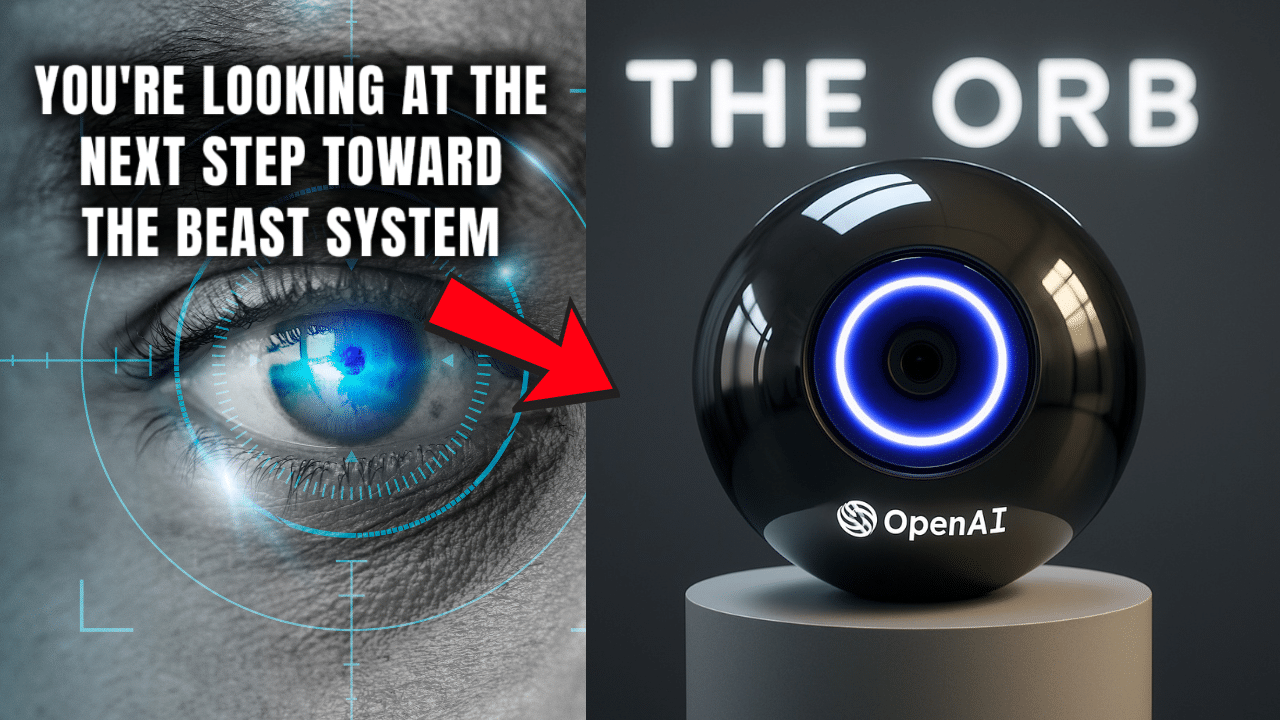Elon Musk says a lot of seemingly fantastical things. For example, The billionaire Tesla and SpaceX CEO seems to believe that humans will eventually be able to live forever, by downloading their brains into robots.
“I think it is possible,” Musk, 50, recently told Insider. “Yes, we could download the things that we believe make ourselves so unique. Now, of course, if you’re not in that body anymore, that is definitely going to be a difference, but as far as preserving our memories, our personality, I think we could do that.”
By Musk’s account, such technology will be a gradual evolution from today’s forms of computer memory. “Our memories are stored in our phones and computers with pictures and video,” he said. “Computers and phones amplify our ability to communicate, enabling us to do things that would have been considered magical … We’ve already amplified our human brains massively with computers.”
The concept of prolonging human life by downloading consciousnesses into synthetic bodies has been a fixture of science-fiction for decades, with the 1964 sci-fi novel “Dune” terming such beings as “cymeks.”
Some experts today believe that “mind uploading” technology could, in fact, be feasible one day — but the timeline is incredibly unclear. In a 2019 Wall Street Journal essay, Michael S.A. Graziano, a psychology and neuroscience professor at Princeton University, wrote that mind uploading would require two pieces of technology: an artificial brain, and a scan of a person’s brain that could “measure exactly how its neurons are connected to each other, to be able to copy that pattern in the artificial brain.”
Creating the artificial brain, Graziano noted, would be relatively straightforward. “But to upload a human brain, we probably want a scanner that doesn’t kill the subject, and we would need it to scan about a hundred million times as many details,” he wrote. “That technology doesn’t yet exist.
The most wildly optimistic predictions place mind uploading within a few decades, but I would not be surprised if it took centuries.” One of Musk’s current start-up ventures, Neuralink, is working to develop “brain-machine interfaces” that — in Musk’s own words — could one day allow people to “store your memories as a backup, and restore the memories.” But speaking with Insider, Musk emphasized that his company’s current goals are much more immediately practical.










